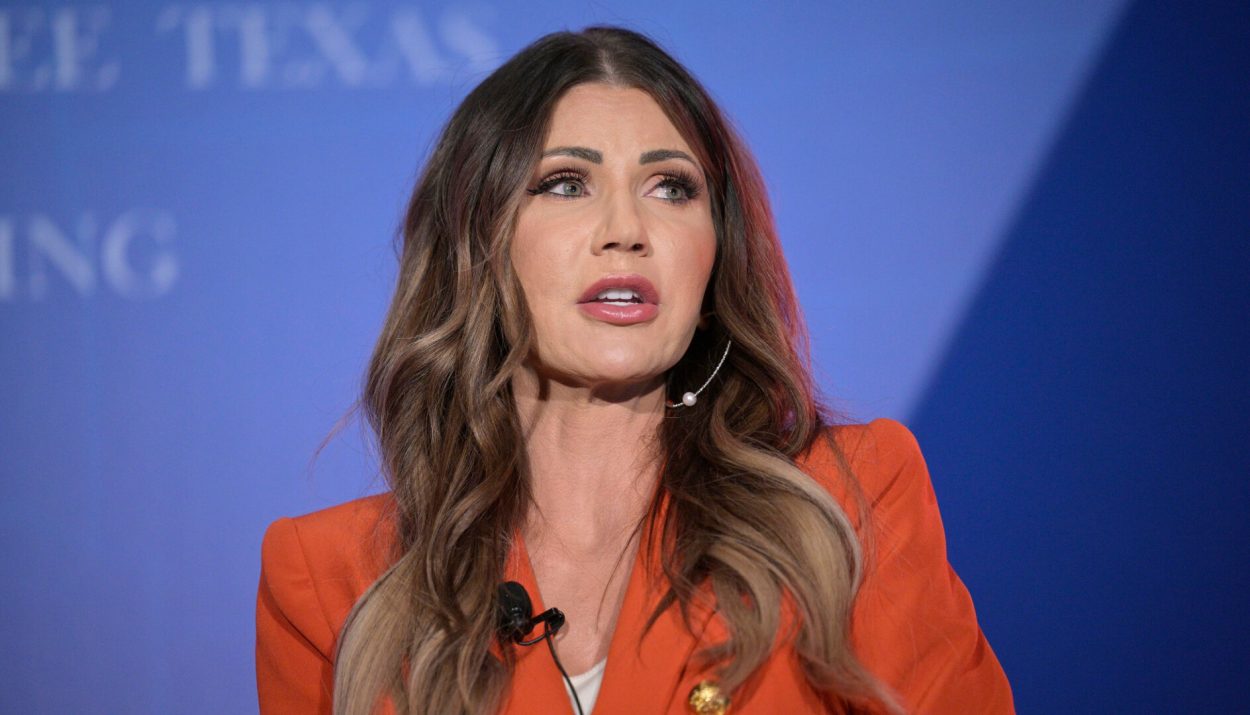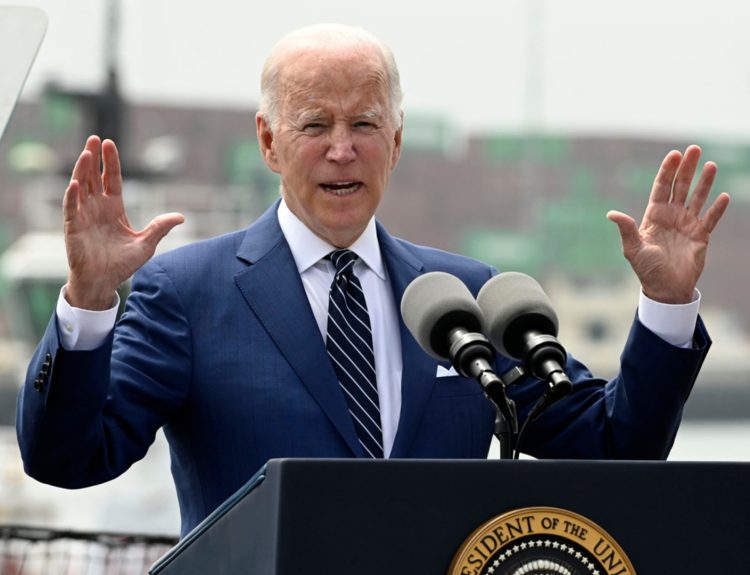The political drama between South Dakota Governor Kristi Noem and the state’s Native American tribes continues to escalate. In the latest move, the Standing Rock Sioux Tribe voted to ban Noem from their reservation lands, becoming the third tribe to do so this year.
The ban comes after Noem’s controversial remarks alleging that some tribal leaders were involved with Mexican drug cartels. Standing Rock Sioux Tribal Chairwoman Janet Alkire condemned Noem’s “fear-based politics” and called for greater cooperation between the Governor and tribes on law enforcement and education.
Standing Rock Sioux Tribe Bans Noem Over “Racially Charged” Remarks
According to Tribal Chairwoman Janet Alkire, Noem has made unsubstantiated allegations that some tribal leaders were “personally benefitting” from cartel activity on reservations.
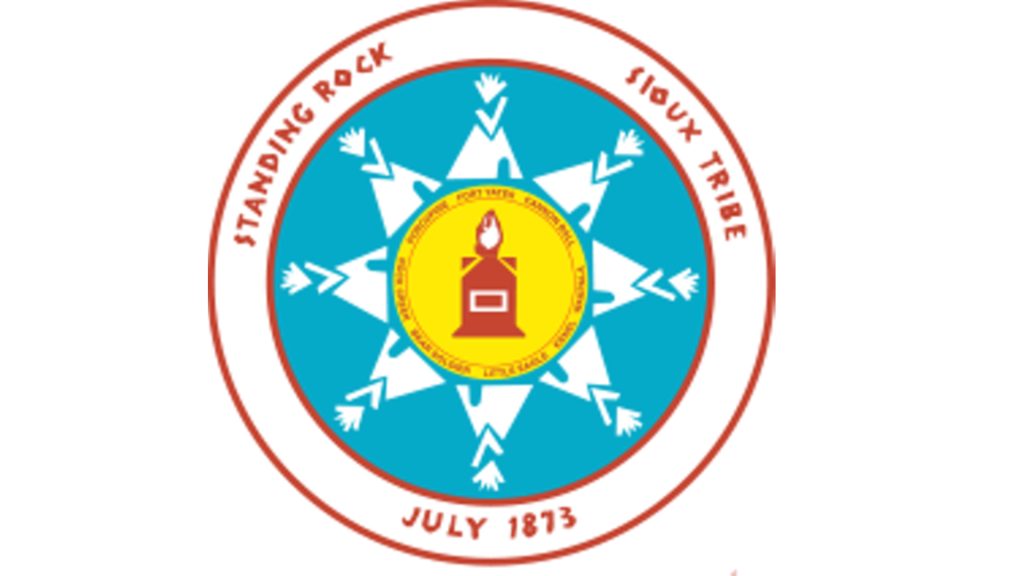
Alkire called an emergency meeting after council members introduced a motion to ban Noem, saying her comments were a “sad reflection of her fear-based politics.”
Noem Alleged Tribal Leaders Benefit from Cartels at Town Halls
While visiting border towns in February, Kristi Noem claimed in town hall meetings that tribal leaders were “personally benefitting” from Mexican cartel activity on reservations.
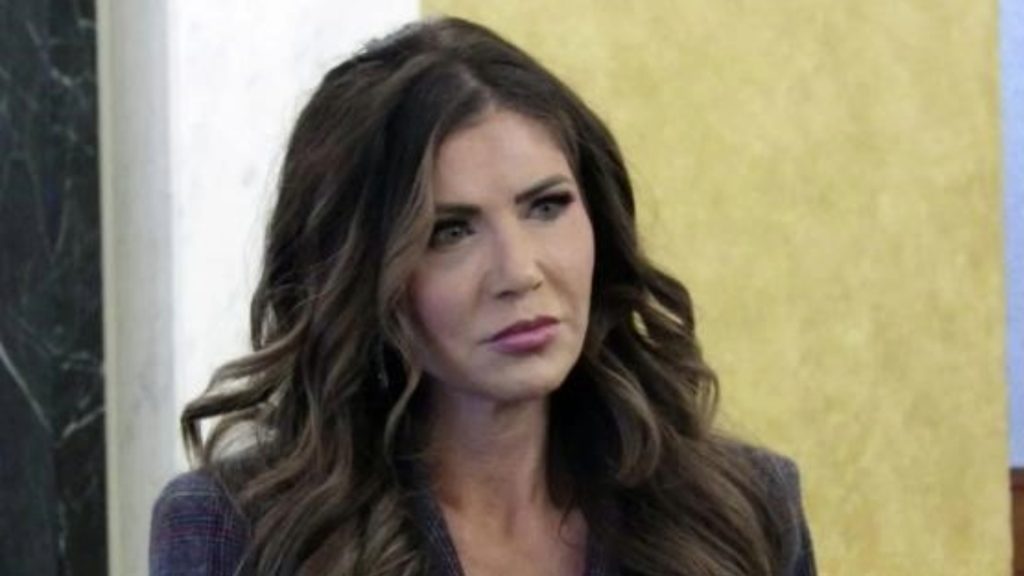
According to reports, Noem said some tribal leaders refused offers of help from her administration to combat the cartels because they were profiting from the illegal drug trade.
No Evidence to Support Noem’s Claims
These accusations outraged tribal leaders, who said there was no evidence to support Noem’s claims. The leaders called her remarks “irresponsible,” “uninformed,” and “unsubstantiated.”
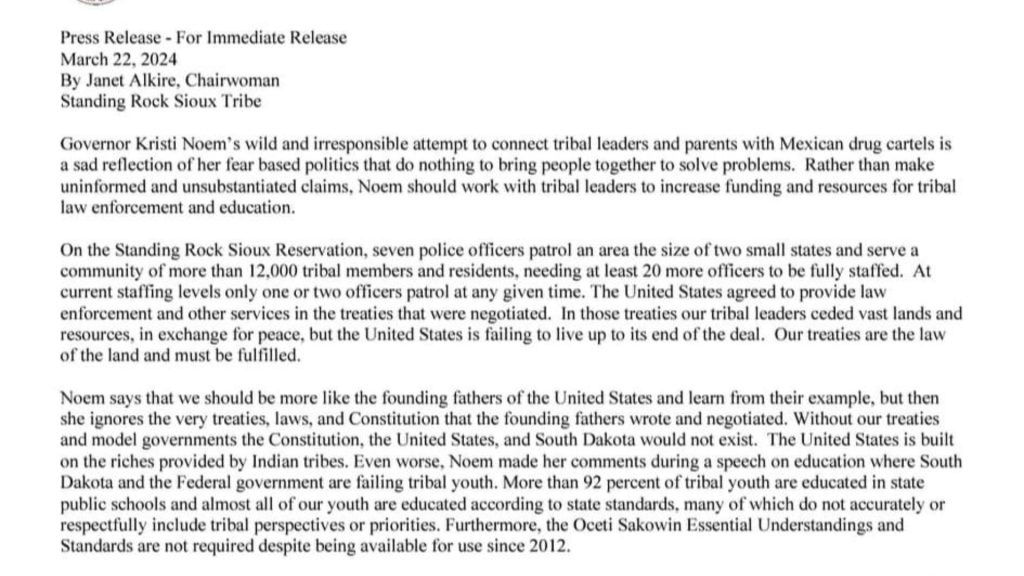
They said that rather than make false accusations, Noem should work with tribes to increase funding for law enforcement and education.
Offering ‘History-Making Opportunity’
Despite the bans, Noem announced she is offering tribes a chance to participate in a law enforcement training program this summer.
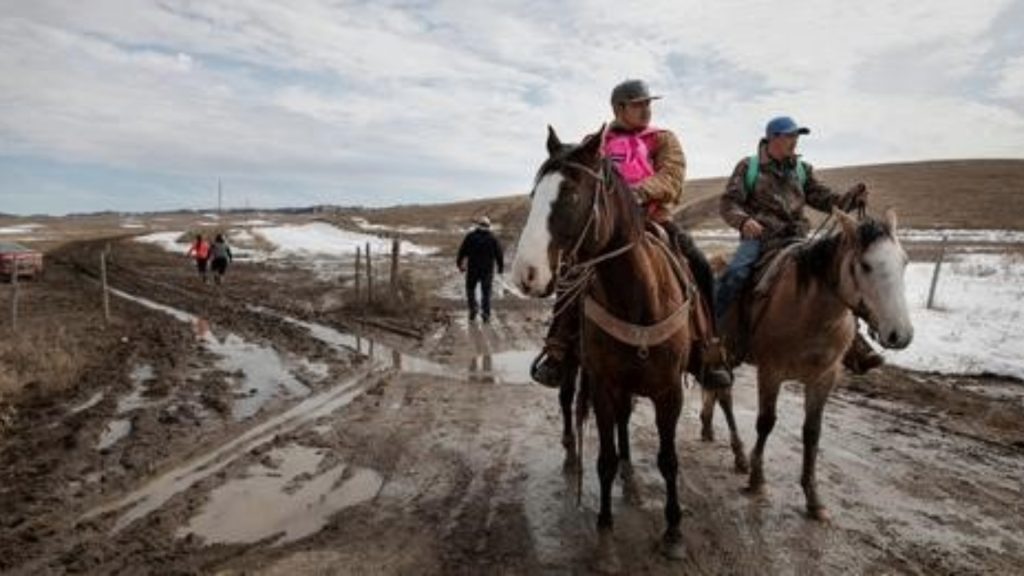
In a social media video, Noem called it a “history-making opportunity” to address public safety on reservations. However, given the soured relationships and lack of trust in Noem, it’s unclear if tribes will take her up on the offer.
Standing Rock Joins Two Other Tribes in Banning Governor
The Standing Rock Sioux Tribe banned South Dakota Governor Kristi Noem from its reservation land this week, becoming the third tribal nation to do so.

According to the tribal council, Noem’s comments linking tribes to Mexican drug cartels were “irresponsible” and reflective of “fear-based politics.”
History of Indigenous Tribes Being Accused of Crime by National Leaders
In the 19th century, as the U.S. expanded westward, Native American tribes were frequently depicted as “savages” who threatened settlers and needed to be subdued.
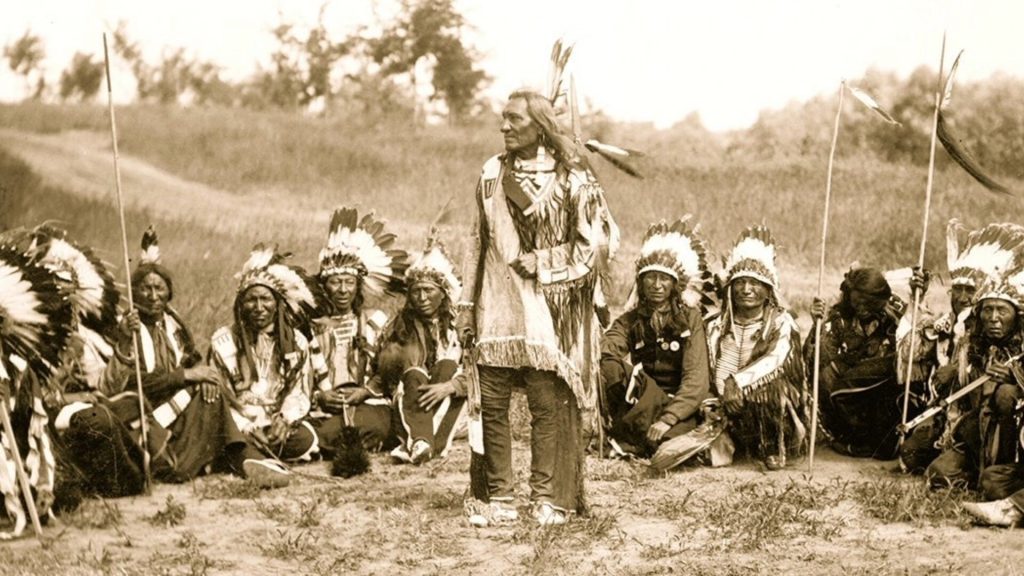
Propaganda portrayed indigenous groups as uncivilized and prone to violence, even though, in reality, it was the tribes who were under attack as the government broke treaties and stole their lands.
“Solving The Indian Problem”
Noem is not the first governor to spread misinformation about tribes. In the 1950s, the governor of California urged citizens to help authorities “solve the Indian problem” and falsely claimed that “90 percent of Indian crime is directed at non-Indians.”
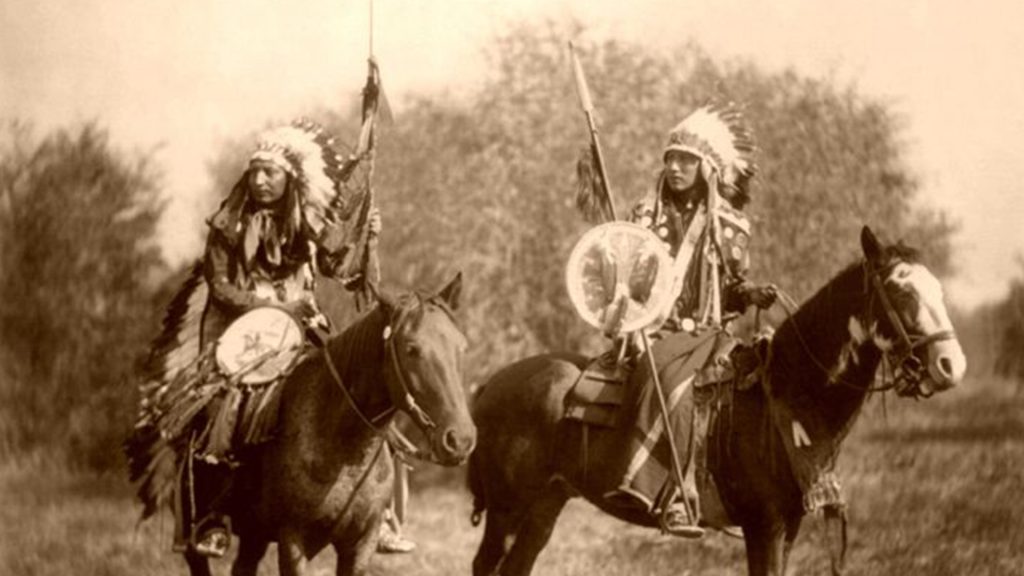
Decades earlier, government officials spread rumors that the Lakota were “thieves and beggars” to justify violence against them.
Working To Counter False Information
Tribal leaders today work hard to counter these harmful stereotypes and build cooperative relationships. But as the Standing Rock Sioux’s experience shows, the spread of misinformation is an ongoing problem that continues to damage trust and understanding.
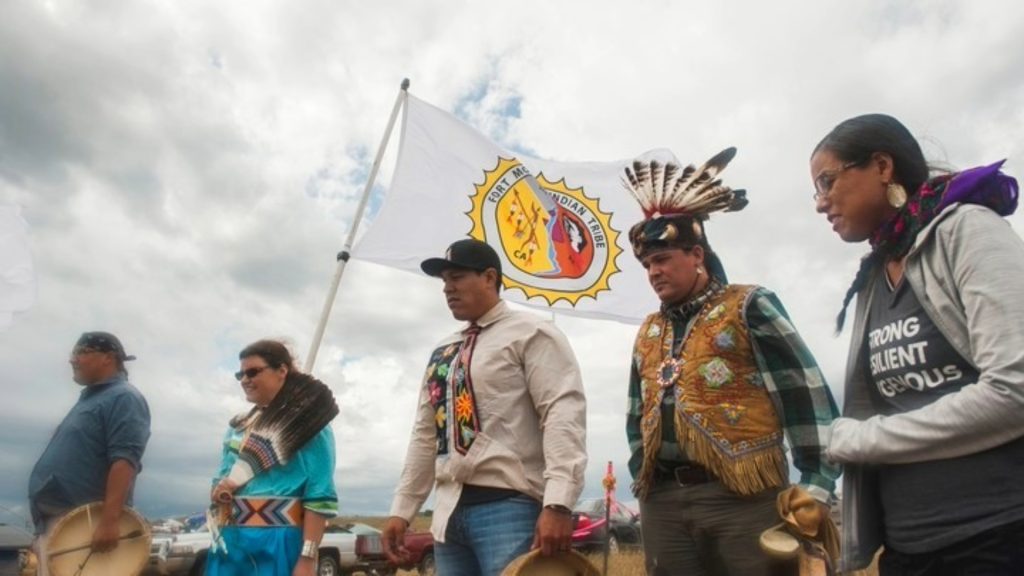
Banning politicians who make irresponsible accusations may be one strategy for tribes to protect themselves. However, it underscores the deep fractures that still exist between some governments and the indigenous groups they are meant to serve.
A History of Tensions
Noem has had a contentious relationship with tribes in the state. Earlier this year, she was banned from the Oglala Sioux reservation shortly after suggesting that tribal leaders were personally benefiting from cartel activity.
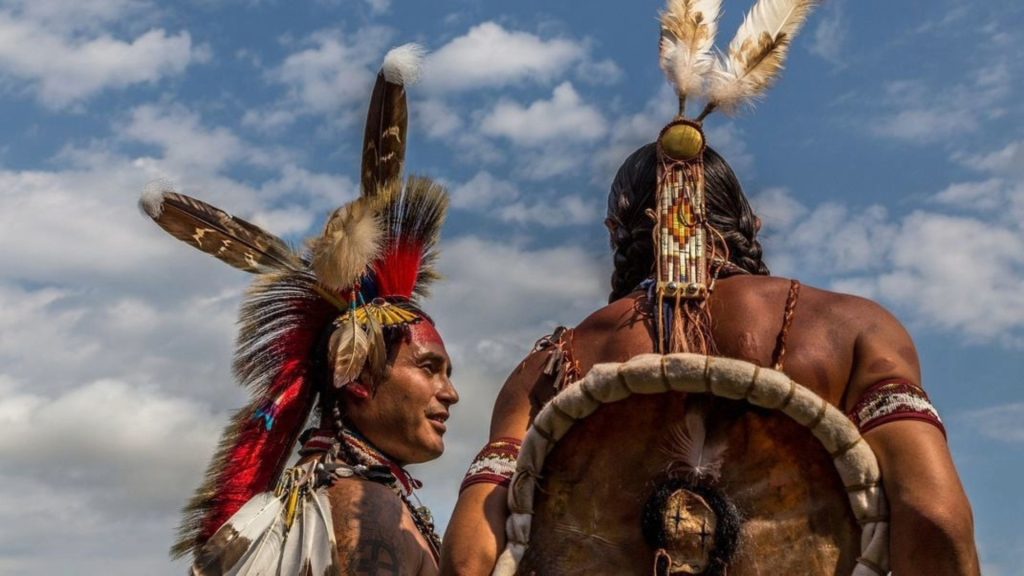
The Cheyenne River Sioux also voted last week to ban Noem from their lands. Her accusations have been seen as racially charged, damaging, and detrimental to relationships with tribes.
Governor’s Remarks Began After February Border Trip
In February, Noem visited the U.S.-Mexico border and claimed that Mexican drug cartels were working with tribal leaders on reservations.

Noem alleged that some tribal leaders were “personally benefitting” from drug cartel activity on reservations without providing any evidence to support her claims. Her remarks were seen as “irresponsible” and “racially charged” by tribal leaders.
Noem Announces New Law Enforcement Training Opportunity
To address public safety on reservations, Governor Noem announced a new law enforcement training course for tribal police.
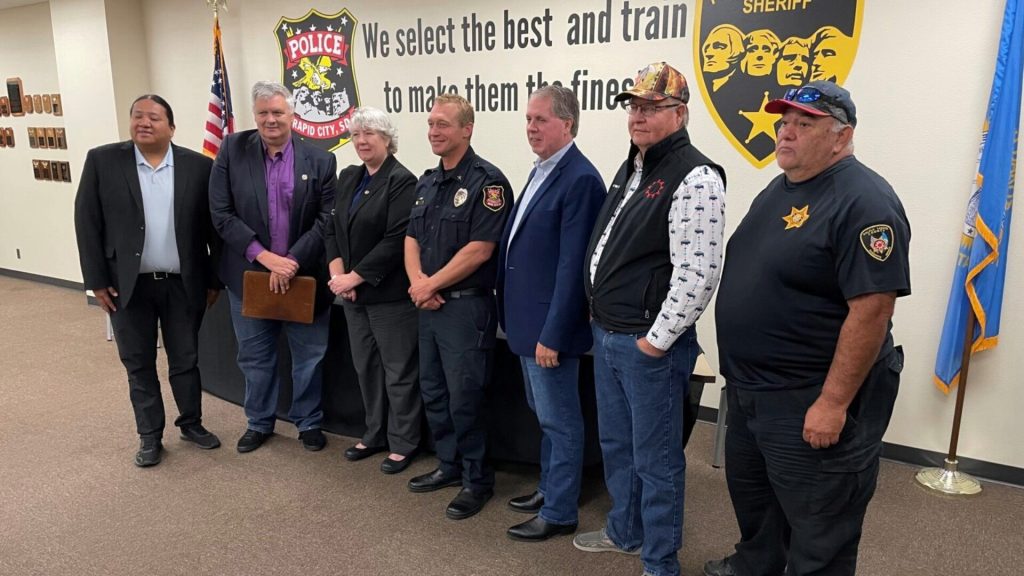
The course offers a “history-making opportunity,” Noem said in a video message, though she admitted it won’t solve every issue. Tribal leaders remain skeptical of Noem’s intentions.
Questionable Intentions and Timings
Some question Noem’s intentions and timing. Banning a governor and then having her announce help seems contradictory.
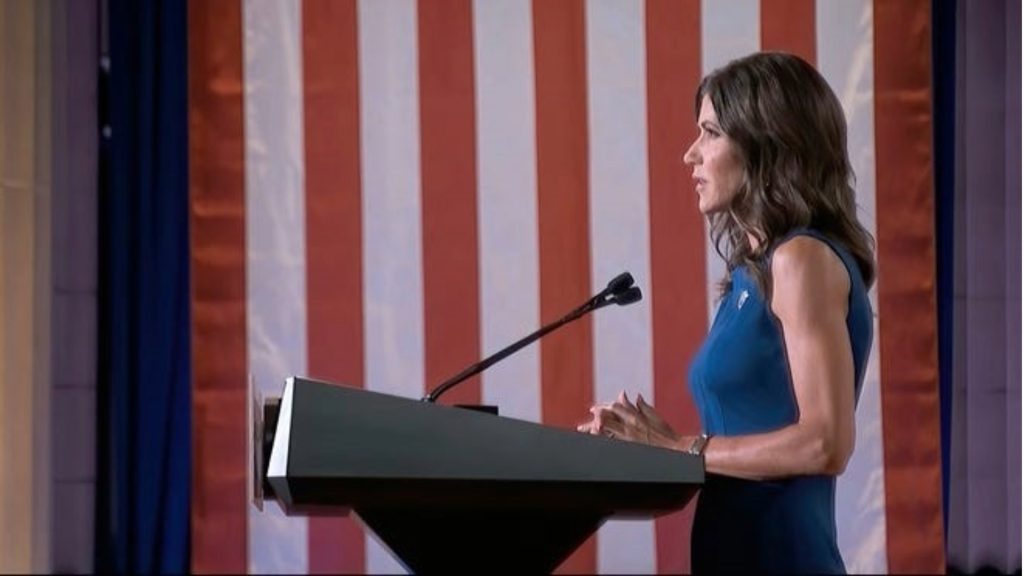
However, the course could be the first step if it is executed properly with tribal input and the governor commits real funds and policy changes. However, tribes want their public safety issues resolved and not used as political props.
Tribal Leaders Call for More Resources, Not Unsubstantiated Claims
Standing Rock Sioux Tribal Chairwoman Janet Alkire said Noem’s attempts to link tribes with cartels were “irresponsible” and “sad.”
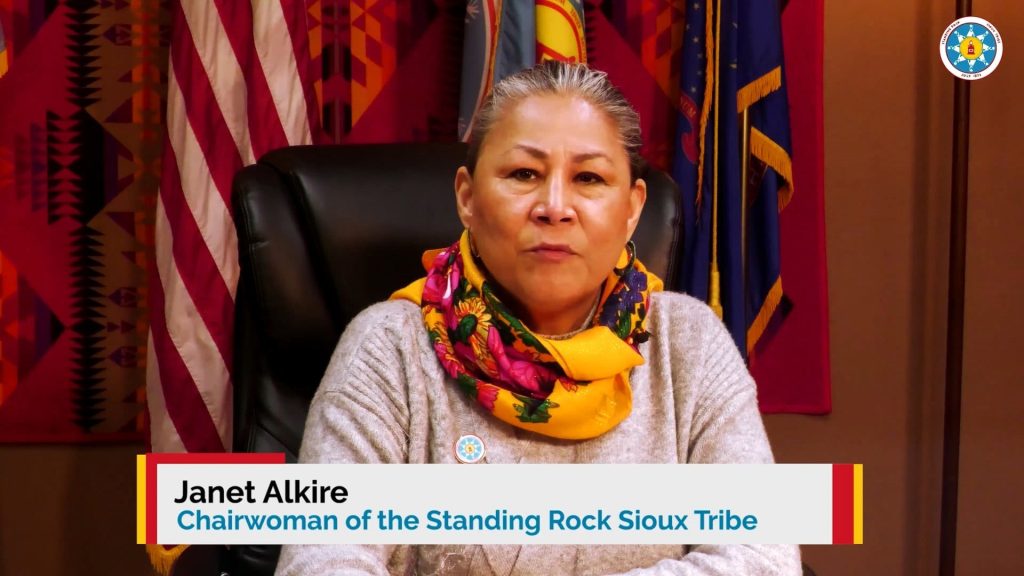
Rather than make baseless assertions, Alkire said Noem should provide more funding and resources for tribal law enforcement and education.
Misguided and Counterproductive Attempts
Noem’s attempts to link South Dakota’s tribes to Mexican cartels seem misguided and counterproductive. While public safety on reservations is an important issue, these unproven claims only serve to divide.
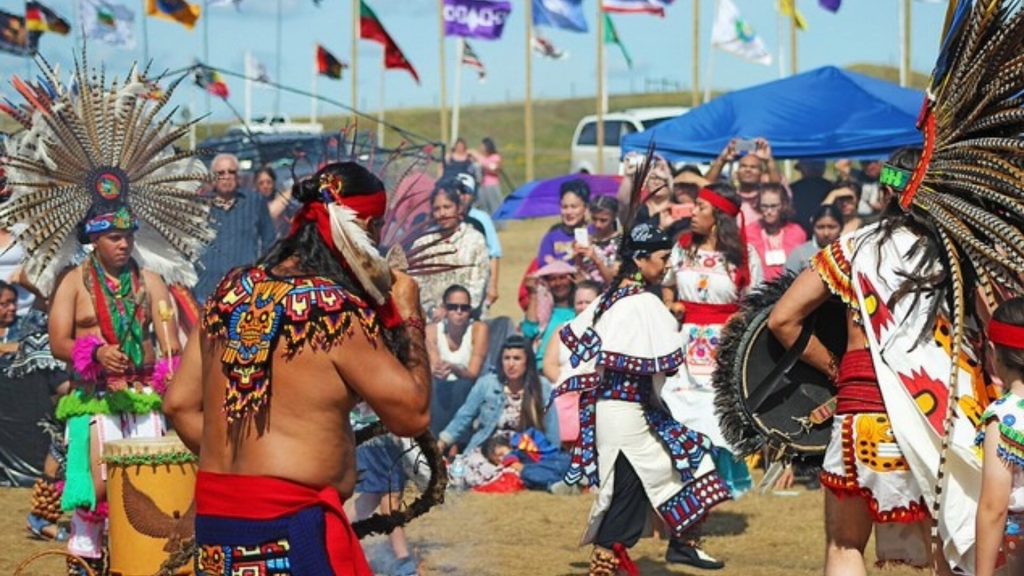
If Noem truly wants to make progress, she should work cooperatively with tribal leaders, not spread unsubstantiated accusations.

